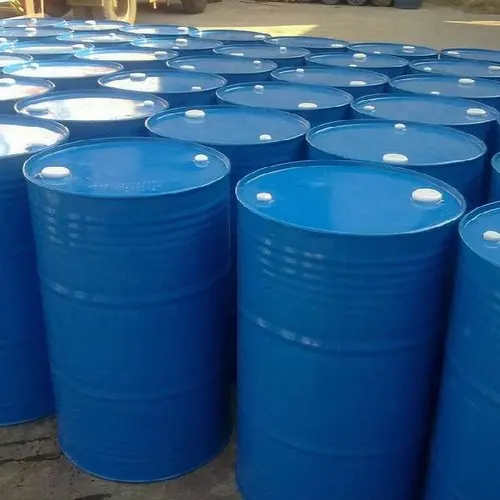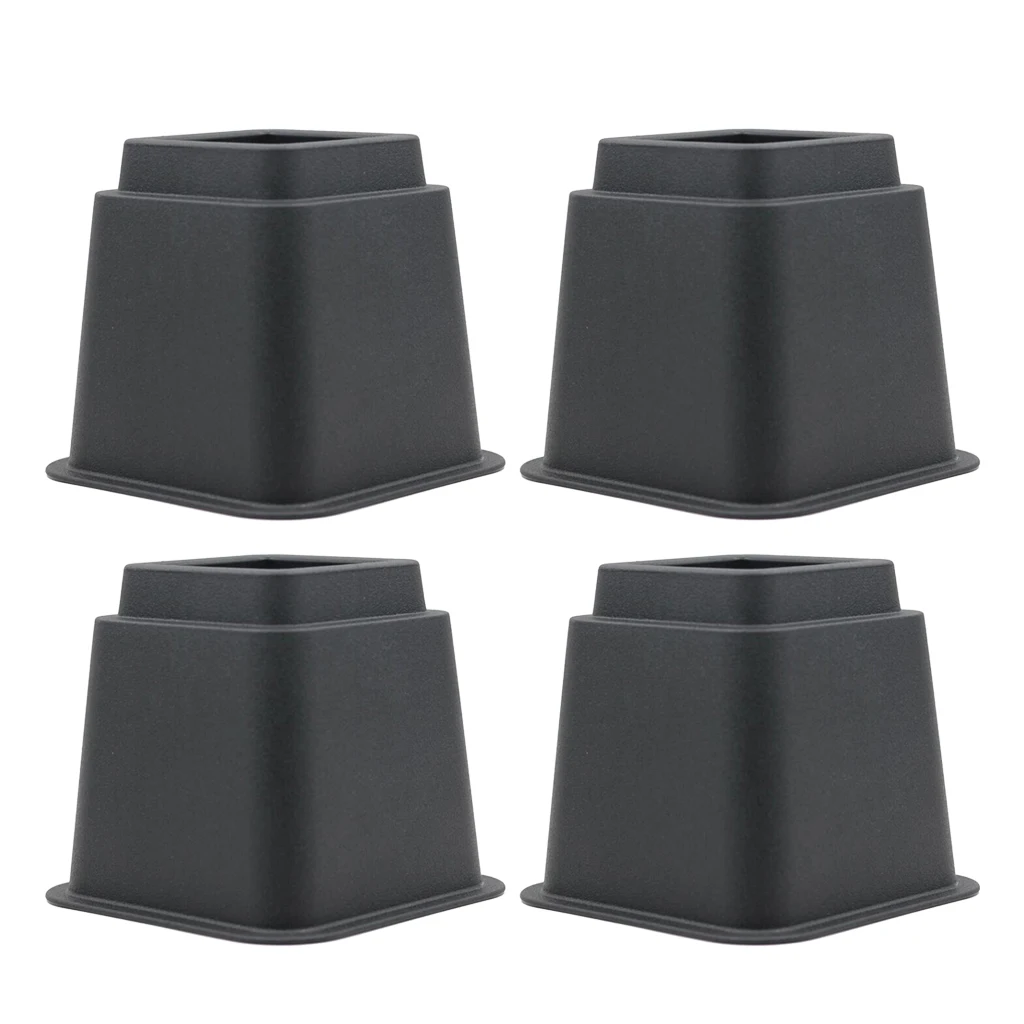UCO используемое кулинарное масло/используемое растительное масло для биодизельного
- Категории: Biodiesel >>>
- Поставщик: BARAS,GMBH
Поделиться:
Описание и отзывы
Характеристики
Product Description
Specification
item | value |
Brand Name | UCO |
Model Number | UCO7741 |
Place of Origin | United States |
Georgia | |
Application | biodiesel |
Grade | B100 |
Standard | ISO 14214A |
Used cooking oil | Biofuel |
Packing & Delivery


- TIN : 18L , 20L
- METAL DRUMS : 190KGS & 192KG
- POLY/HDPE DRUMS : 195KGS
- FLEXI TANK : 21,500KG
- ISO tanks: 27,600 Kg
- METAL DRUMS : 190KGS & 192KG
- POLY/HDPE DRUMS : 195KGS
- FLEXI TANK : 21,500KG
- ISO tanks: 27,600 Kg
Company Profile



Used cooking oil is a key ingredient in making biofuel, specifically biodiesel. It is a renewable fuel produced from vegetable oils (soybean, canola, corn, grapeseed, sunflower, and palm) and animal fats.
Vegetable oil can be used as an alternative fuel in diesel engines and in heating oil burners. When vegetable oil is used directly as a fuel, in either modified or unmodified equipment, it is referred to as straight vegetable oil (SVO) or pure plant oil (PPO).
Because of the expanded U.S. Renewable Fuel Standard, biofuels are in high demand. This standard is a federal law that mandates suppliers of transport fuels (diesel and gasoline) to inject a small percentage of biofuels into their products. It aims to reduce greenhouse gas emissions and the United States’ dependence on non-renewable petroleum. It ensures that you don’t fill your tank with pure diesel fuel, but with a 2%, 5%, or 20% biodiesel blend.
Conventional diesel engines can be modified to help ensure that the viscosity of the vegetable oil is low enough to allow proper atomization of the fuel. This prevents incomplete combustion, which would damage the engine by causing a build-up of carbon. Straight vegetable oil can also be blended with conventional diesel or processed into biodiesel or bioliquids for use under a wider range of conditions.
Vegetable oil can be used as an alternative fuel in diesel engines and in heating oil burners. When vegetable oil is used directly as a fuel, in either modified or unmodified equipment, it is referred to as straight vegetable oil (SVO) or pure plant oil (PPO).
Because of the expanded U.S. Renewable Fuel Standard, biofuels are in high demand. This standard is a federal law that mandates suppliers of transport fuels (diesel and gasoline) to inject a small percentage of biofuels into their products. It aims to reduce greenhouse gas emissions and the United States’ dependence on non-renewable petroleum. It ensures that you don’t fill your tank with pure diesel fuel, but with a 2%, 5%, or 20% biodiesel blend.
Conventional diesel engines can be modified to help ensure that the viscosity of the vegetable oil is low enough to allow proper atomization of the fuel. This prevents incomplete combustion, which would damage the engine by causing a build-up of carbon. Straight vegetable oil can also be blended with conventional diesel or processed into biodiesel or bioliquids for use under a wider range of conditions.
FAQ
1. who are we?
We are based in Berlin, Germany, start from 2012,sell to . There are total about null people in our office.
2. how can we guarantee quality?
Always a pre-production sample before mass production;
Always final Inspection before shipment;
3.what can you buy from us?
null
4. why should you buy from us not from other suppliers?
null
5. what services can we provide?
Accepted Delivery Terms: null;
Accepted Payment Currency:null;
Accepted Payment Type: null;
Language Spoken:null
We are based in Berlin, Germany, start from 2012,sell to . There are total about null people in our office.
2. how can we guarantee quality?
Always a pre-production sample before mass production;
Always final Inspection before shipment;
3.what can you buy from us?
null
4. why should you buy from us not from other suppliers?
null
5. what services can we provide?
Accepted Delivery Terms: null;
Accepted Payment Currency:null;
Accepted Payment Type: null;
Language Spoken:null
Похожие товары
High Quality Used Cooking Oil/Used Vegetable Oil/UCO
US $100.00-$150.00
Купить б/у кулинарное масло-отходы кулинарного масла
EUR 300.00-450.00
Используемое кулинарное масло для биодизельного отходов растительного масла
US $150.00-$200.00
Используемое растительное масло
US $200.00-$350.00






















